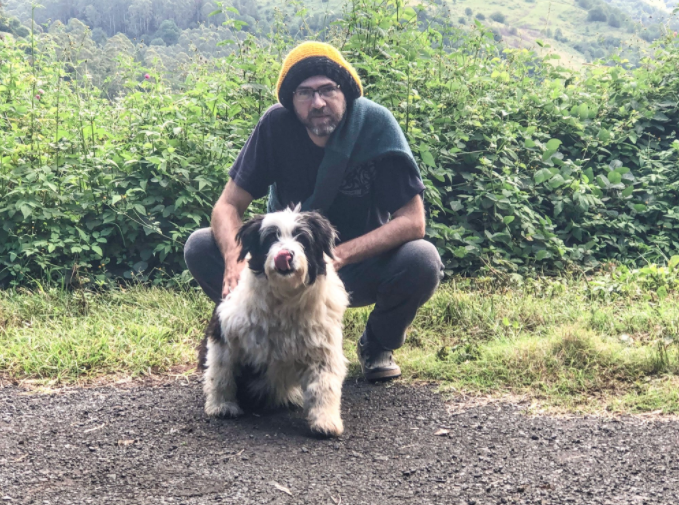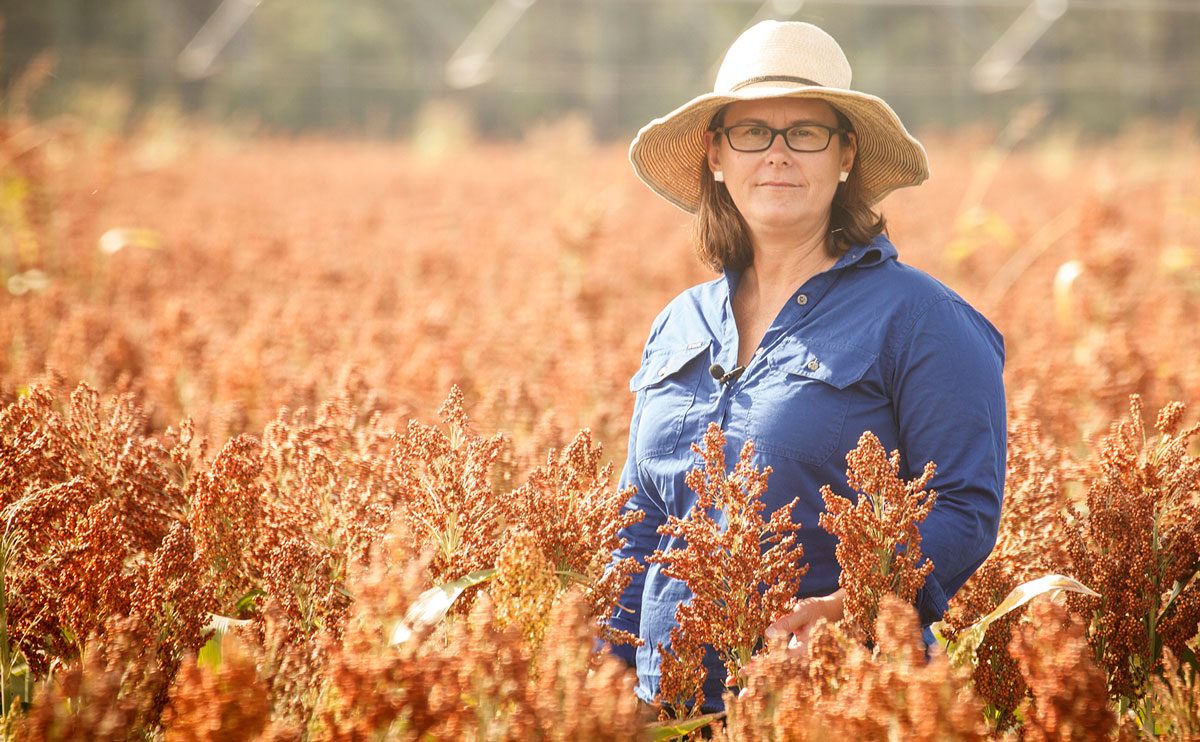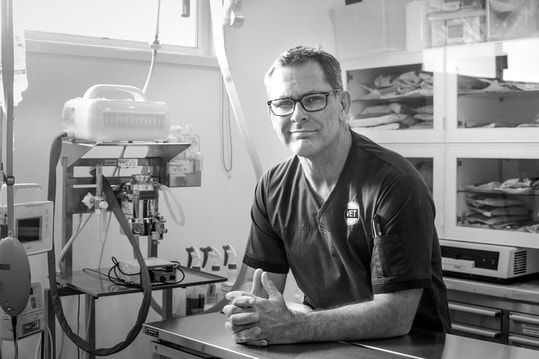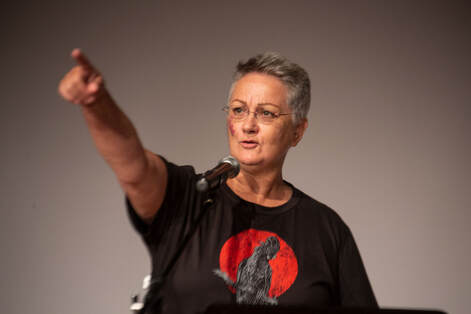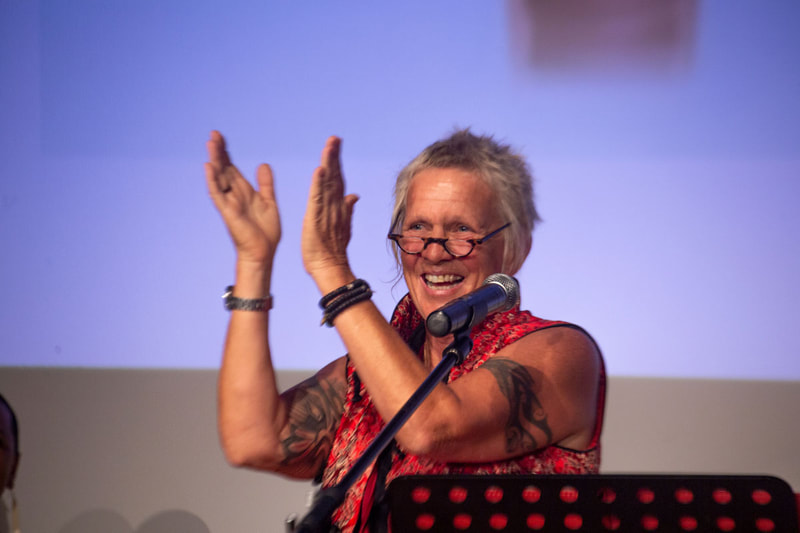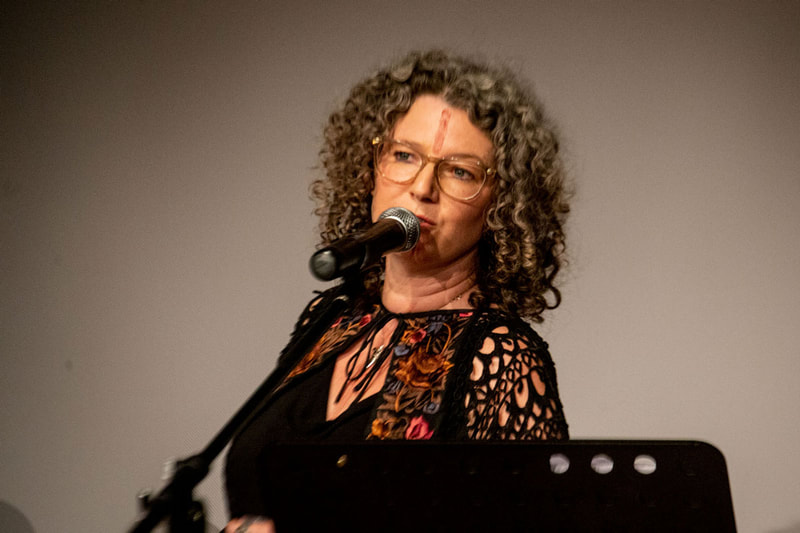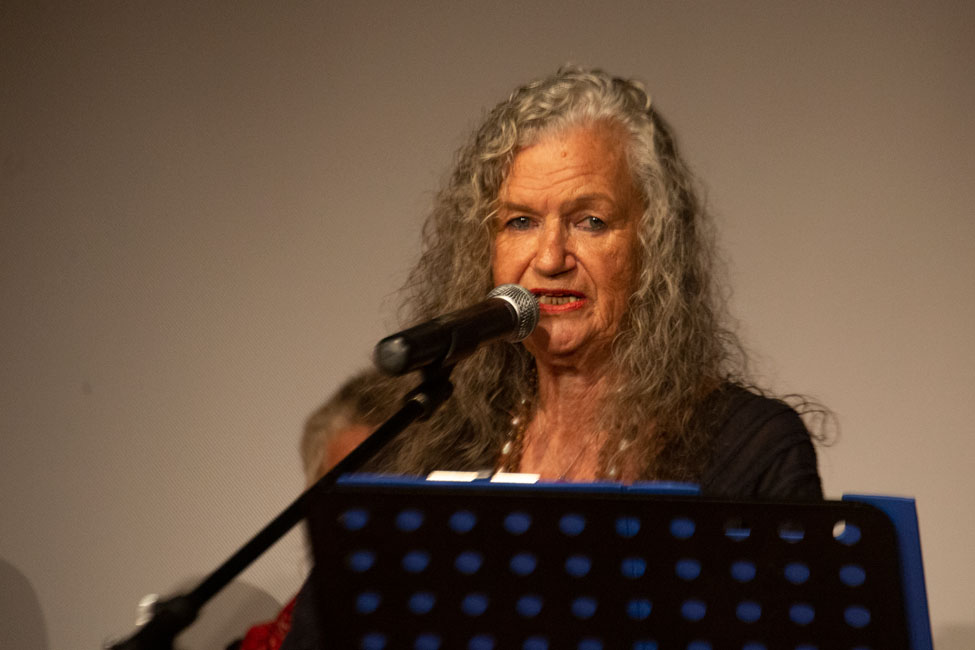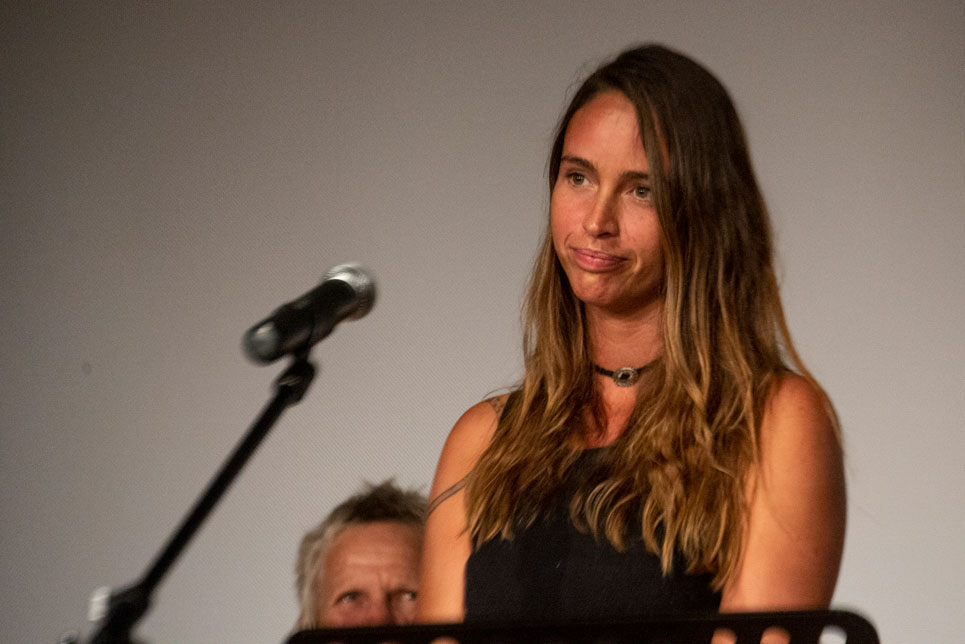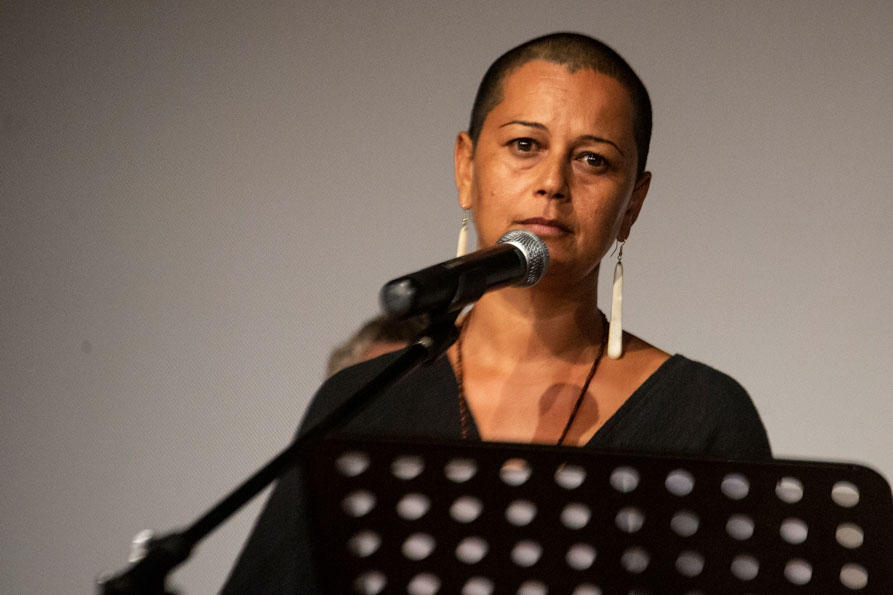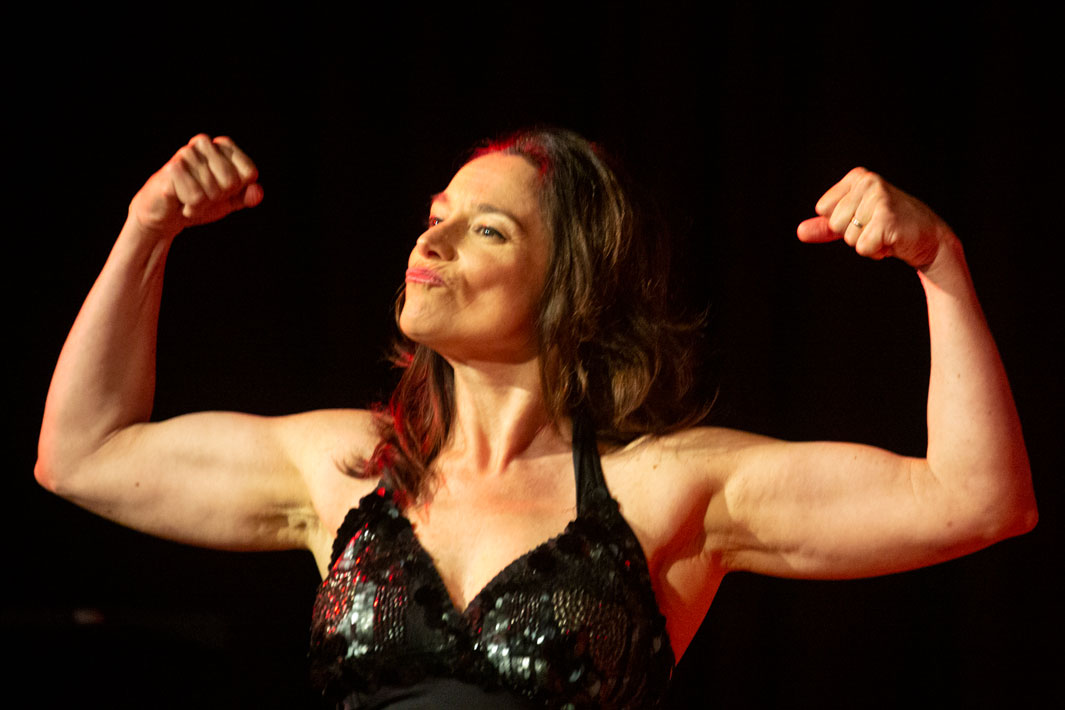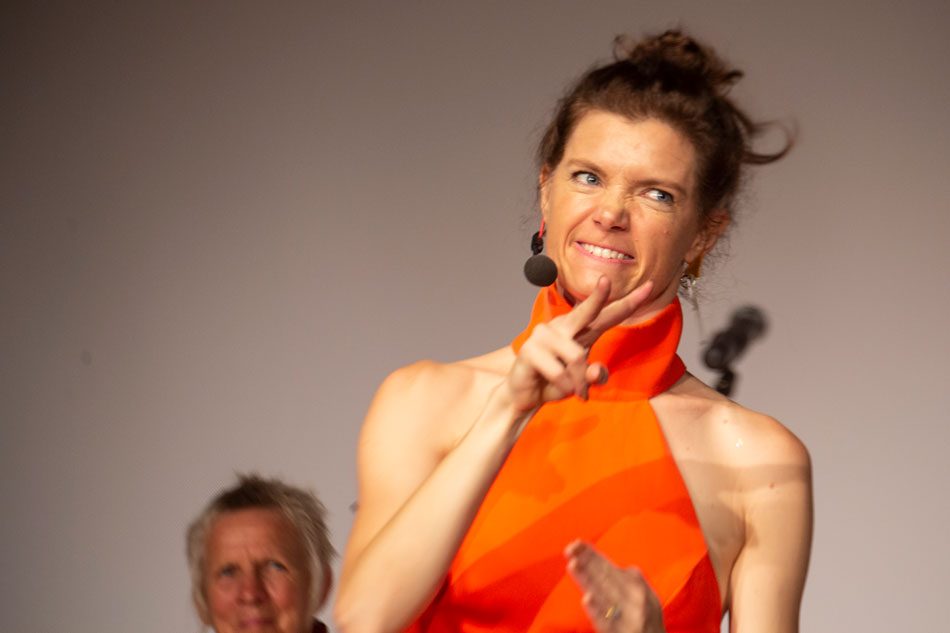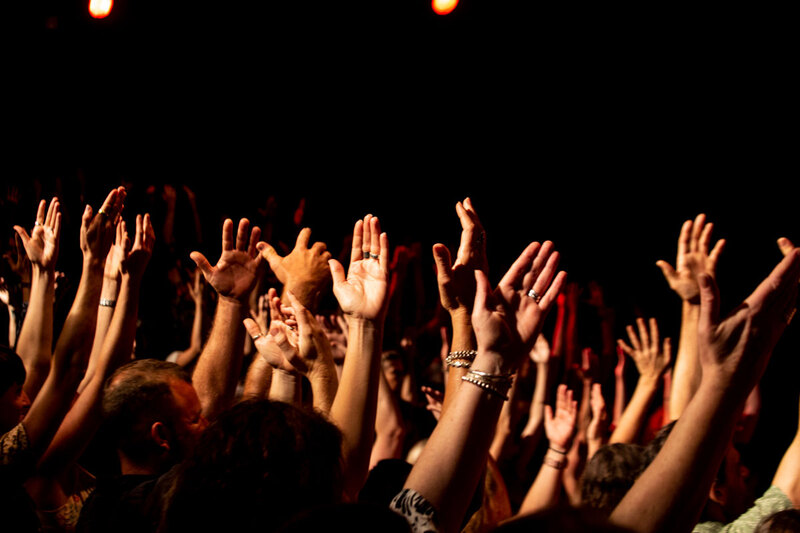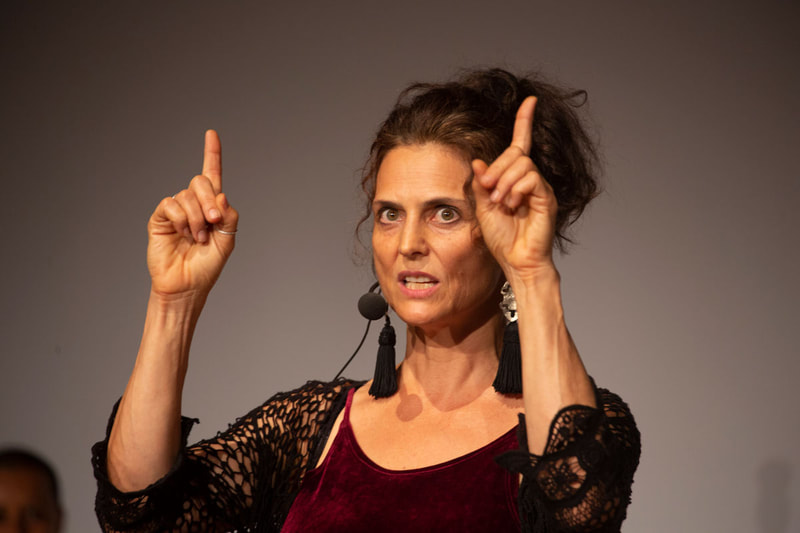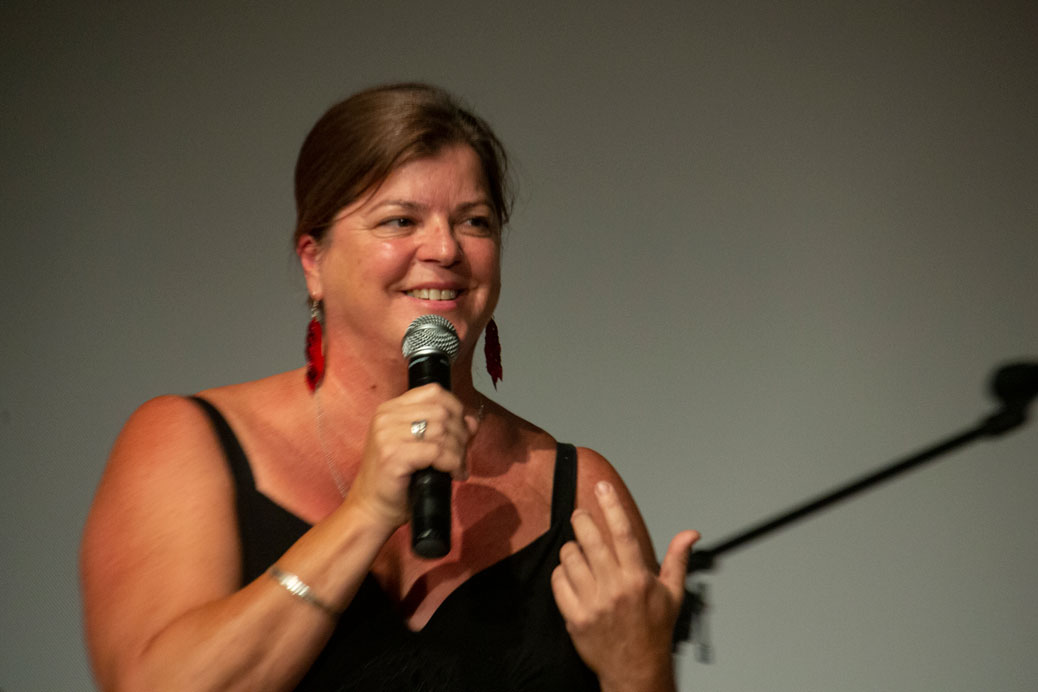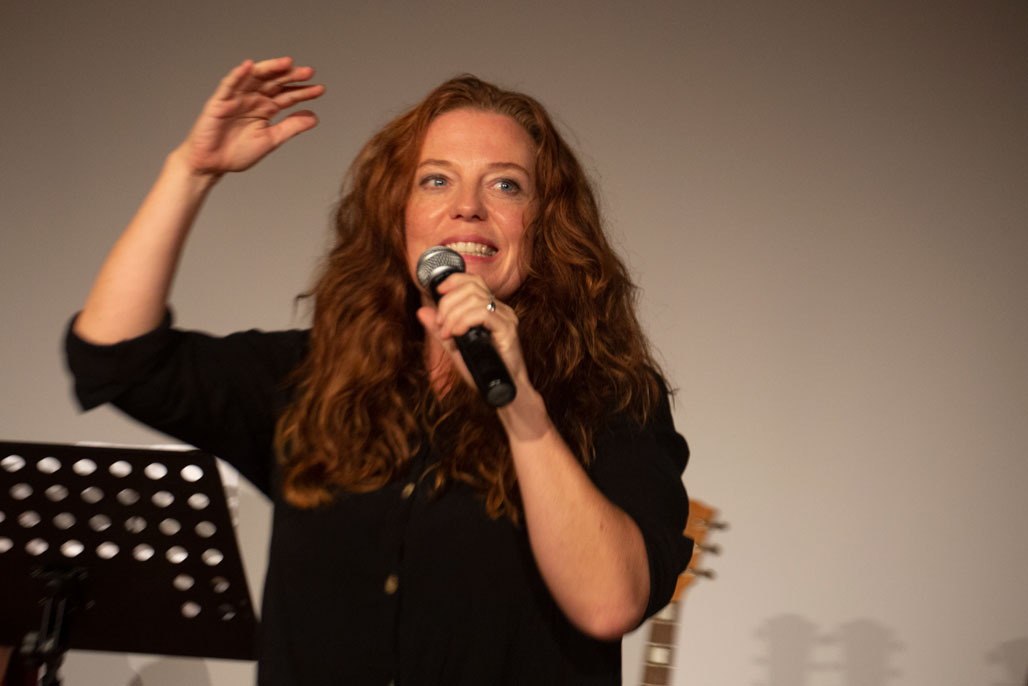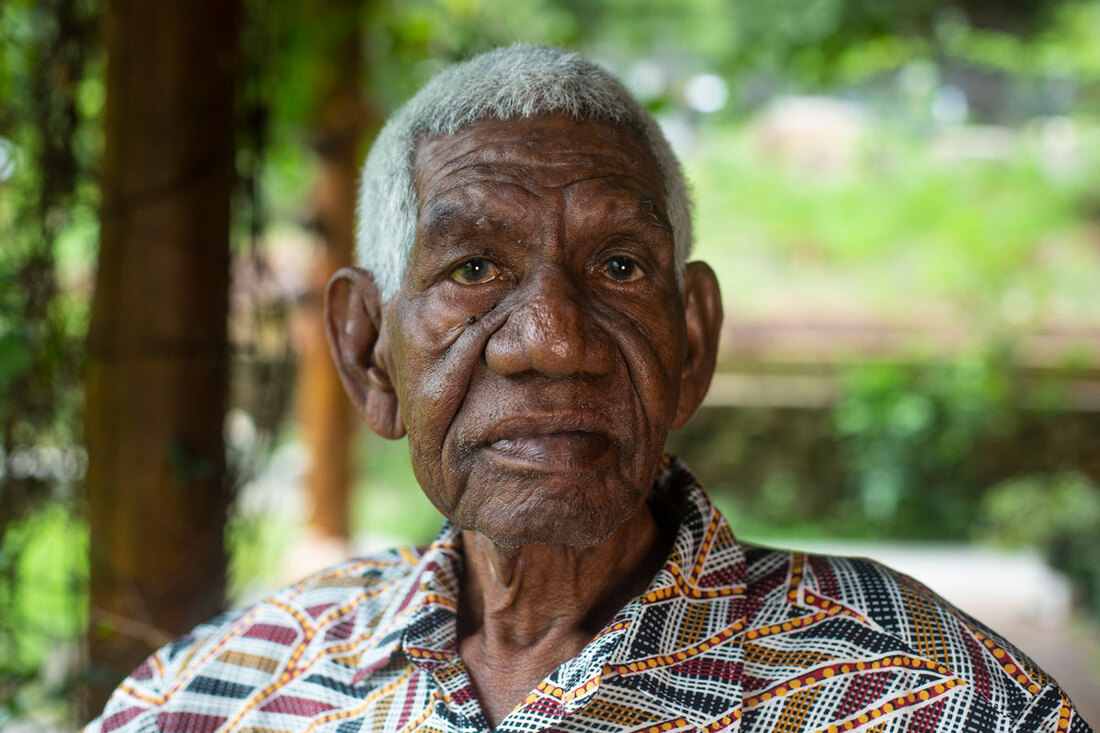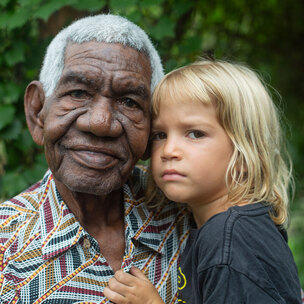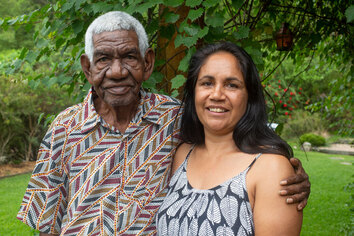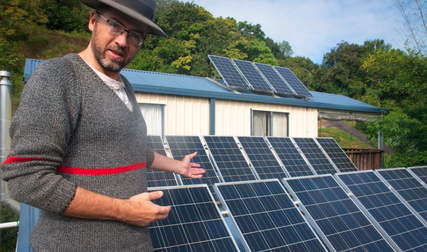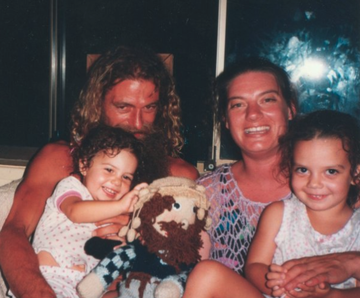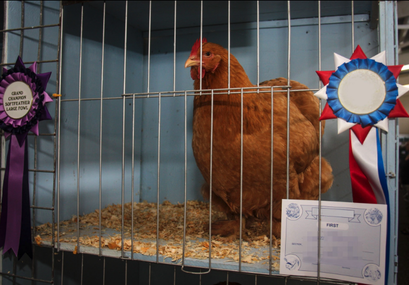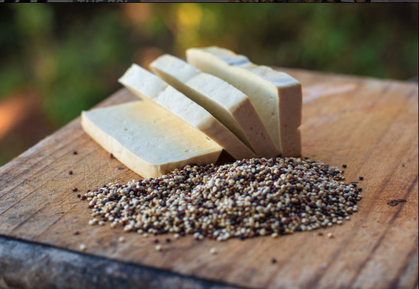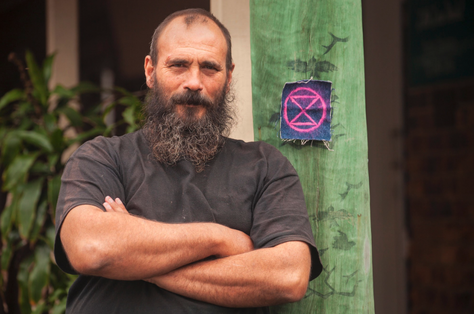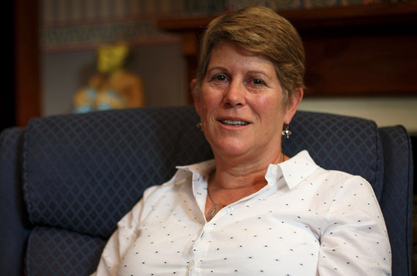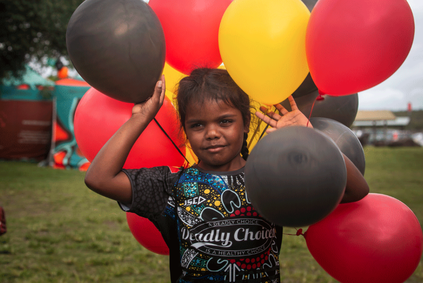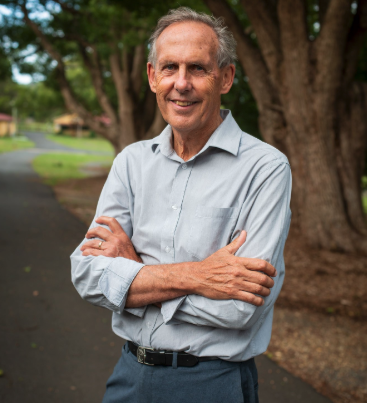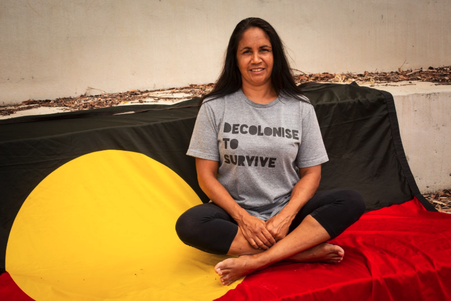Eve Jeffery Pets are loving the pandemic. Having their pet humans at home all the time is a lifestyle they are enjoying, and it’s a symbiotic plus for all earthlings concerned – but, not all pets or humans have it so good.
President Pets For Life Animal Shelter Billinudgel Jean Conway, says that one of the most heartless requirements by accommodation providers in this country forces people to abandon their pets. ‘Grown men, women and children often weep as they surrender their dog or cat to the pound or animal shelter…READ MORE
0 Comments
Eve JefferyThis story and video first appeared in the Byron Shire Echo and Echonetdaily in April 2020 With a larger proportion of people staying at home and the unusual circumstances we now find ourselves in, another downside of isolation is the rise in domestic violence (DV). Even people who don’t usually have aggression issues within their homes are feeling stressed, and with services at a distance, or inaccessible, there has been a rise in DV incidents. ‘I’m in a lovely, respectful and kind relationship,’ says a local nurse. ‘We had our first proper argument in forever this week. No violence, threats or safety issues, but it highlighted how tense things are and how quickly they could escalate if one of us couldn’t regulate our emotions. ‘I was the one yelling. I felt misunderstood. I stopped yelling. We were both quiet for a bit, gave each other space. He apologised, I apologised.’ She said that she and her partner are both usually reasonable and neither likes conflict. ‘We were both quite startled by it. For families with high levels of conflict as a base line, I could see how the heightened tensions would increase the likelihood of violence.’ Another woman who was once the mayor of a large town and is married to a doctor, said that even though her partner is the most wonderful person, recently they had a ‘little tiff’ about her not wanting him to go to the supermarket. ‘We never argue but I felt so stressed about it. It settled after ten minutes but how do people cope who don’t have our situation?’ The remedy was to give each other space. ‘I am the fuming one, the sulker. My lovely human just walks away and then comes back in about ten minutes with a cup of tea, looks at me to see if I am still cross, gives me a bit more space then tries to make me laugh. ‘I was so stressed about him going to the shops and I became quite irrational. I even said he could go and live elsewhere and yelled! 'Now we are negotiating what it looks like for him to return to GP work (after retiring last December) with trepidation, and trying to look after each other.’ Another issue coming to the forefront is for people with disability (PWD) and their carers, especially families who now have more care responsibilities with kids at home from school or with services shut. People with disability work, play and live in the same way other people do, but need support to access the community – with more and more service providers shutting their doors, carers are increasingly responsible for supporting a family member. Time apart can be important for self care, but there’s little help available, especially for people with high support needs. There can be additional challenges to help people with a cognitive disability understand the risks that COVID-19 presents. How do you explain to someone that they can’t see their friends or support workers any more? How do you help someone understand why they are now trapped in their own home? For people who were already segregated and isolated, losing the small freedoms they once had can feel much bigger and can lead to stress and an increased need for support. Another tension for families who are living with a disabled person is that often that person is at higher risk of contracting coronavirus. Do you all go out for exercise and potentially risk a family member’s life? What if you need to shop for essential items and possibly come into contact with someone with the virus? What impact does close proximity have for both disabled people and carers living together without a break? The pressure cooker heats up. Chief Executive NNSWLHD Wayne Jones says in the Northern NSW Local Health District, COVID-19 planning and response includes support for all members of the community, including vulnerable people like those affected by homelessness and domestic violence. ‘Our existing understanding of the dynamics of domestic violence and anecdotal evidence to date suggests that for many people experiencing domestic violence, social distancing and self-isolation measures may place them at greater risk of harm.’ Mr Jones adds that the mental health implications of living through natural and other disasters can be cumulative and can intensify existing experiences of trauma. ‘People’s complex coping responses to violence, abuse and childhood neglect, such as alcohol and other drug use, or the impacts on existing mental health issues, may also increase during times of natural and other disasters, requiring enhanced health care.’ Mr Jones says the NSW Government has committed to a series of changes to enhance the support available to victims of domestic violence during COVID-19. ‘The NSW Health website and new Department of Communities and Justice COVID-19 (coronavirus) website contains information about how the community and frontline services are being supported during the COVID-19 pandemic.’ NSW Health currently provides a response to domestic and family violence through the Domestic Violence Routine Screening (DVRS) Program, Social Work services, Emergency Departments, specialist Mental Health, Drug and Alcohol services, and Aboriginal Family Health services. ‘Northern NSW Local Health District is working with key service partners to ensure that the needs of individuals and their families who are victims of domestic and family violence continue to be met,’ said Mr Jones. ‘Violence Abuse and Neglect service provision continues to be a priority of the LHD during this time, and domestic and family violence support services will continue to support people to stay safe. The nurse I spoke to said kindness helps. ‘When he apologised, it wasn’t to get it done with, it was because he cared about how I felt.’ The ex-mayor says it is a really stressful time. ‘I think sometimes we think we’re ok and coping, when underneath the surface we’re really anxious and frightened and we aren’t operating at our best because of this.’ There are a range of services providing immediate support to individuals experiencing domestic or family violence. These include: • 1800 RESPECT – 1800 737 732 – is a confidential information, counselling and support service; • NSW Domestic Violence Line – 1800 65 64 63 – is a state-wide telephone crisis counselling and referral service for women; • Child Protection Helpline: 132 111; • NSW Elder Abuse Helpline: 1800 628 221; • Men’s Referral Service – 1300 766 491 – provide telephone counselling, information and referrals for men; • Link2Home – 1800 152 152 – can help refer women experiencing domestic violence to crisis accommodation; and • Lifeline – 13 11 14 – is a national charity providing all Australians experiencing a personal crisis with access to 24-hour crisis support and suicide prevention services. If you are in danger or in an emergency, always contact Triple Zero (000). Eve JefferyThis story and video first appeared on Echonetdaily in April 2020 There’s isolation and there’s isolation.
For most folk, isolation means just doing the right thing to help stop the spread of COVID-19. For some folk, the very old, the very young, people with some pre-existing conditions and many people with a disability, isolation is a matter of life or death, and making sure they are truly isolated holds a greater weight for them. READ MORE Eve JefferyGuest Echo Editorial in the Byron Shire Echo in March 2020 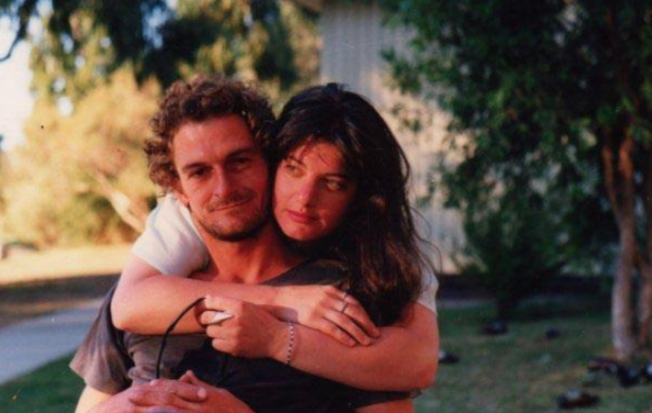 David Kingston and I before we were parents – How much we thought we knew. What little we actually knew – about life and love and parenting and adulting. What little we knew about being gentle with each other when it was needed most. What little we knew about the mental health help we BOTH needed. Photo Paul West. The Wikipedia entry for feminism says: ‘Feminism is a range of social movements, political movements, and ideologies that aim to define, establish, and achieve the political, economic, personal, and social equality of the sexes’. Yep, that’s me. Equality for all. In fact, if you took a peek at my sensis entry for ‘religion’ you’d see ‘equalitarian’, though I think it will be a while before the movement catches up to ‘Jedi’. Equality for all, including animals (I am an annoying vegan), women, children and even men – ALL earthlings… READ MORE Eve JefferyThis article first appeared on Echonetdaily in February 2020 Yesterday a 104-page report was released by the parliamentary inquiry into the CSG industry in NSW detailing how the NSW Government has failed to fully implement the majority of the NSW Chief Scientist’s 16 recommendations from 2014…READ MORE
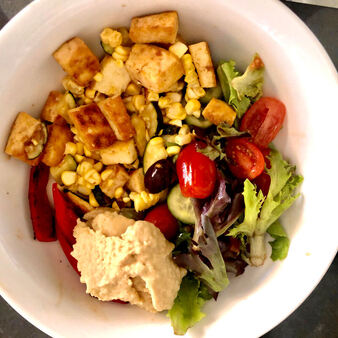 This photo is from the Instagram feed of Rachel Jeffery https://www.instagram.com/rachel_jeffery_dietitian/ This photo is from the Instagram feed of Rachel Jeffery https://www.instagram.com/rachel_jeffery_dietitian/ I’m often told how nice my lunch looks, so I thought through 2020, I share some of my meals on Tasty Bowl Tuesday. This weeks Tasty Bowl was made by my sister. She was visiting from interstate and she kindly prepped lunch while I was out running errands. Eve practises veganism and so she created a wonderful plant based lunch for us. The meal included - A green salad with tomatoes, olives and cucumber, as well as tofu cooked with ginger, zucchini and roasted capsicum. Raw corn was added after cooking with a dollop of hummus. Rachel Jeffery Dietitian Eve JefferyPeople ask what they can do to help the planet then they stick their fingers in their ears and ‘la la la la la’ when you give them an answer.
Well, the answer is – a food trend is shaping up to be the biggest lifestyle change in 2020 as veganism takes hold of growing numbers of climate activists. Animal welfare aside, people are turning to veganism as it becomes clear that animal agriculture is causing a lot of harm to the planet as it produces less food per square hectare than cropping, and we just need the extra tree space that cows, pigs, chickens and sheep on death row are currently using. Also, the oceans are a lot healthier with sea life in them rather than in your belly. People are also working out that you are fitter, faster, stronger and healthier on a plant-based diet which is taking the strain off the medical industry – if you haven’t watched The Game Changers* yet then you haven’t seen Schwarzenegger at his best. We double-dare you to watch it. (*Nothing gory or judgey people, just some awesome athletes winning, winning, winning on quinoa, carrots and chickpeas!) Eve JefferyThis article first appeared in The Echo in February 2020 There is exciting news if you’re a koala, tawny frogmouth, snake or any Australian native animal species as a new veterinary service – exclusively for wildlife – is opening up in Byron Bay. Housed in a custom-built, fully-equipped, solar-powered truck, the Byron Bay Wildlife Hospital aims to start work in early May…READ MORE
Eve JefferyThis article first appeared in The Echo in February 2020 As part of the V-Day events for global revolution to end violence against women and children, the fifth edition of the Vagina Conversations played to sold-out houses last Friday and Saturday in Byron Bay… READ MORE
|
|
